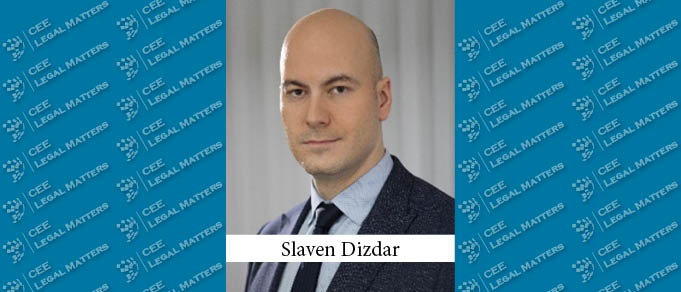The end of 2020 saw landmark legislative interventions in Greece, mainly aiming to create the prerequisites for the widest possible adoption of the EU Target Model (the creation of a single EU energy market) and boost the penetration of renewable energy sources, in a regulated and rational way. According to the government, these interventions “establish the framework for a more rational operation of the sector, on more competitive terms, to the benefit of the consumers and of the Greek economy in general.”
Liberalization of the Bulgarian Energy Market – At the End of the Long Road
Bulgaria is just a stone’s throw away from completing the electricity market liberalization that has been in progress in recent years. The main goal of the Bulgarian Government is to gradually eliminate regulated electricity prices by the end of 2025 and to fully transition to market conditions by promoting market competition.
Implementation of EU Electricity and Natural Gas Network Codes by Serbian Transmission Operators
The amendments to the Serbian Energy Law, enacted in late April 2021, prescribed the obligation for transmission system operators in the electricity and natural gas sector to implement the EU electricity and natural gas network codes.
Implementation of EU Electricity and Natural Gas Network Codes by Serbian Transmission Operators (2)
The amendments to the Serbian Energy Law, enacted in late April 2021, prescribed the obligation for transmission system operators in the electricity and natural gas sector to implement the EU electricity and natural gas network codes.
The Energy Mix in Hungary – An Overview
Hungary has adopted the integrated energy policy guidelines of the EU, which aim to decrease greenhouse gas emissions by at least 40% compared to the ‘90s level, increase the proportion of renewable energy in energy consumption to 32%, increase energy efficiency by 32.5%, and further the increased interconnection of the EU electric energy system. In that context, renewable energy is currently a hot topic.
New Developments in Renewable Energy Legislation in Slovakia – Focus on Photovoltaics, Wind, and Hydrogen
The year 2021 has seen several major developments in the field of green energy in Slovakia.
Construction of New Small Hydroelectric Power Plants Under Question in Bosnia & Herzegovina
On June 23, 2021, the lower chamber of the Parliament of the Federation of Bosnia & Herzegovina, the House of Representatives, passed a decision instructing the Government to “analyze the existing legal framework in relation to the construction of small hydroelectric power plants and to initiate the parliamentary procedure of amending the existing laws in order to protect the rivers and the environment.” Such a broad and generic decision comes after months of campaigning by several NGOs, supported by local and Hollywood celebrities, aimed against the construction of SHPPs on Bosnian rivers, citing environmental concerns.































